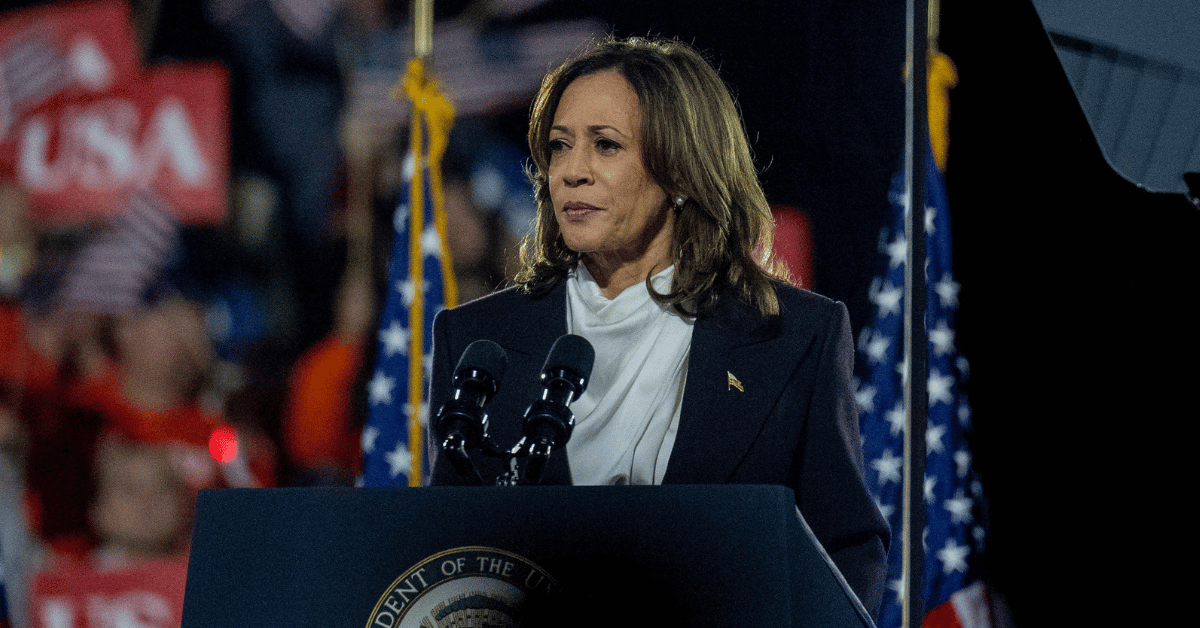News
Kamala Harris’ Spiritual Beliefs and Vision for a Unifying Multifaith America

Kamala Harris is making a heartfelt appeal to voters as she intertwines her spiritual beliefs with her vision for the nation. The Democratic presidential nominee recently urged the public, “Pray for me and this nation,” signaling her intentions to foster unity in a culturally diverse America.
Harris’s personal background is a reflection of the nation’s diverse tapestry; born to a Hindu mother and a Christian father, she has embraced a variety of faith traditions throughout her life. Her marriage to Jewish husband Doug Emhoff further enriches this multicultural narrative.
Incorporating elements from both Jewish and Indian cultures, Harris’s wedding ceremony epitomized her commitment to interfaith engagement. As highlighted by Rev. Paul Brandeis Raushenbush of Interfaith Alliance, Harris exemplifies the complexities of navigating a multifaith democracy, a journey she has personally experienced.
As her campaign has ramped up, Harris has drawn on her upbringing in a multicultural household to resonate with voters. A significant moment in her campaign unfolded when she called her long-time pastor, Rev. Dr. Amos Brown of Third Baptist Church in San Francisco, after she learned of President Biden’s endorsement. In this emotional exchange, she requested prayers not only for herself and Emhoff but also for the nation as she announced her presidential run.
Throughout her campaign trail, which has seen her visiting various churches nationwide, Harris has emphasized her faith. Her initiative, “Souls to the Polls,” aims to galvanize support among Black church congregations, while she seamlessly weaves biblical references into her speeches to connect with a broad audience, catering to both religious and secular voters alike.
On the other hand, her opponent Donald Trump has leveled unfounded claims against her, accusing Harris of fostering a “wave of anti-Christian bigotry.” In response to these remarks, Harris has articulated her ties to her faith and the Black church community, asserting that Trump misrepresents Christian values through his rhetoric of hate.
Dr. Brown has affirmed Harris’s dedication to her faith, describing it as an “active” and “walking” commitment. This sentiment resonates with Harris herself; in her memoir, she reiterates that faith is not just a belief but a call to action. For her, living out this faith is paramount.
As the campaign heads towards the election, Harris aims to unite Americans of all backgrounds, leveraging her spiritual foundation as a means to bridge divides in an increasingly complex political landscape.
